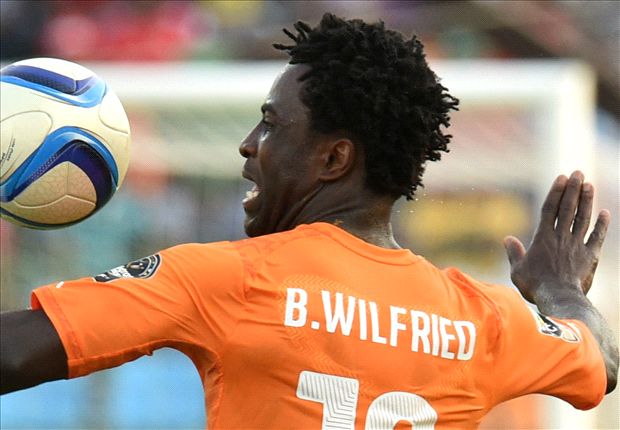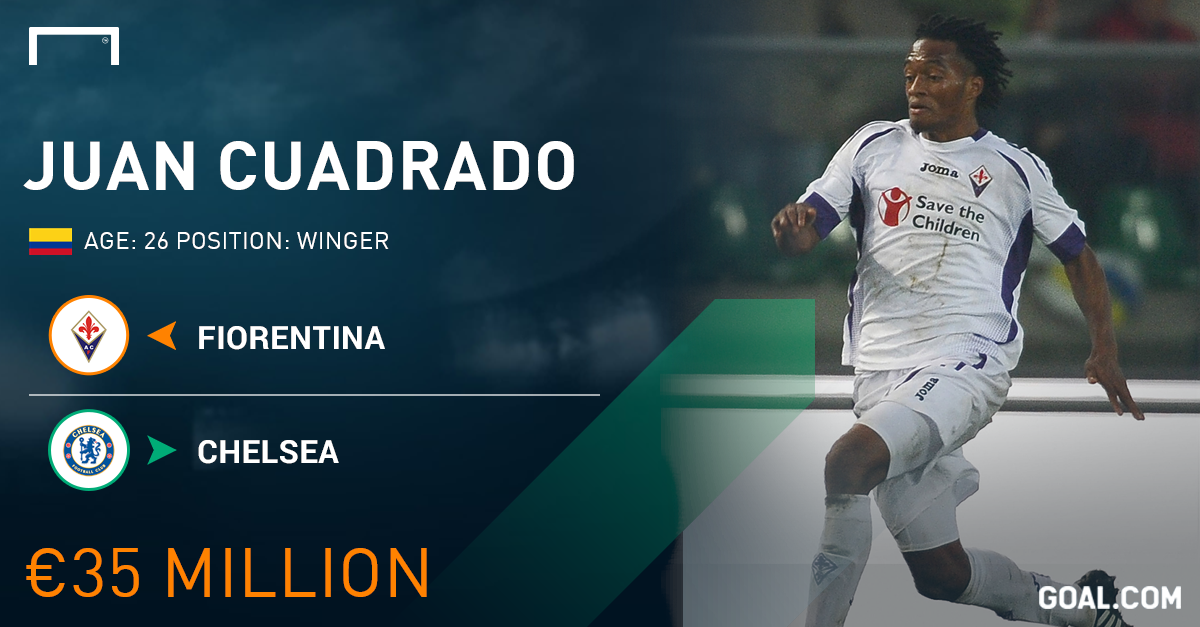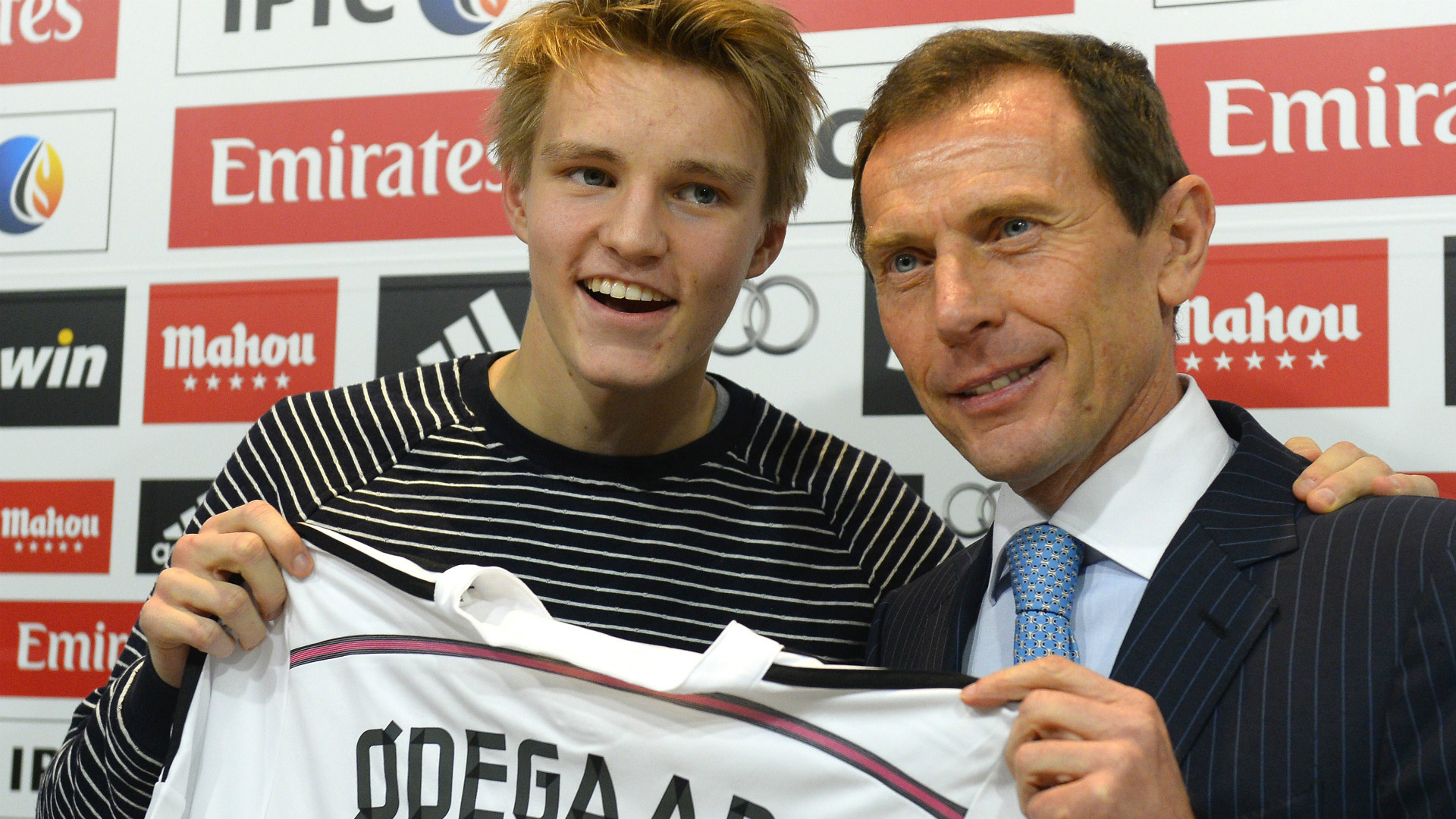 |
COMMENT: The January transfer window brought notable movement all over the world with some of the biggest clubs in Europe active
By Peter Staunton
What makes a good January transfer window is very different from one team to another. There are a number of factors to consider. Irrespective of their requirements, however, a solid base is essential and every club should strive to keep hold of their best players. No team wants to be scrambling around mid-season in pursuit of six or more recruits in order to achieve their ambitions over the rest of the term.
In any case, it is difficult to sign players in January for a number of reasons. Prices are high as players tend not to be out of contract during the middle of the season and selling clubs know that a mid-season premium can be added. The bigger teams tend not to do major business in January either as the very best players do not generally want to uproot during the season. They prefer to wait until summer to assess their options and make the right move with no countdown pressure on them.
In that respect, it becomes something of a novelty to see a big team make a splash. Manchester City have done so this winter but their move for Wilfried Bony was the right one. There was nothing panicky about their €32m signing of the Ivorian. It is an enviable position to be in for any club when a move for a target can be sanctioned and executed with minimal fuss. Bony is a proven Premier League striker, the highest-scoring player in the league in 2014, and will provide plenty of goals and assists.
With no Alvaro Negredo and with Stevan Jovetic and Edin Dzeko blowing hot and cold, the signing of Bony could be the difference between City winning the title and not. So although they have only signed one player they can be deemed to have had a good window.

Similarly, at the top end of the Premier League, Chelsea have arguably done good business despite their relative inactivity. Deadline day brought the signing of Juan Cuadrado from Fiorentina. The Colombian will add pace and immense dribbling ability to the Chelsea attack and the net outlay for his signature has been minimal. That is because no team is capable of playing the market like Chelsea.
They always receive top dollar for their outgoing players and Andre Schurrle is no different. Although the German is a player of genuine pedigree and was a star of the World Cup, his Chelsea career had stalled and it was increasingly tough for him to find game time under Jose Mourinho.
Chelsea managed to offload the winger for around €30m while paying similar for Cuadrado. David Luiz and Romelu Lukaku effectively paid for the transfers of Cesc Fabregas and Diego Costa last summer and Mourinho has again ensured that his club's budget is balanced with the signing of Cuadrado, with Mohamed Salah going the opposite way on loan, and the sale of Schurrle as well as Ryan Bertrand to Southampton. If Cuadrado can be as successful as their last big January signing, Nemanja Matic, then Mourinho will be very pleased indeed.
Due to the acquisition of Schurrle, Wolfsburg were the biggest spending team in what is traditionally a quiet Bundesliga market. They have already given their Champions League prospects a timely boost after beating Bayern Munich last week.
However, the bulk of German spending should probably have been carried out by Borussia Dortmund. They are bottom of the table in Germany and could really have done with more than a solitary signing in the shape of midfielder Kevin Kampl from Red Bull Salzburg.
The latest indications are that they are likely to lose Marco Reus and Henrikh Mkhitaryan in the summer with captain Mats Hummels also rumoured to be ready to quit. It could be a big rebuild at the Westfalenstadion in 2015 with or without Jurgen Klopp.
Dortmund's business plan is heavily contingent on qualifying for the Champions League but it is a long way back from 18th to fourth over the course of 16 matches. Therefore the club was unprepared to bring forward much of their summer transfer budget with the uncertainty over their Champions League participation money. This window could well have ushered in the end of the Klopp era.
Another team to have their January spending restricted, of course, was Barcelona due to their 2015 transfer ban. As such, Real Madrid capitalised on their great rivals' plight to set themselves up for the future.
There was forethought in the signing of Lucas Silva from Cruzeiro, who is regarded as a long-term prospect for the centre of midfield, as well as Martin Odegaard. The Norway sensation had the pick of Europe's top clubs during January and has signed a deal worth between €60,000 and €80,000 a week at the Santiago Bernabeu. He has a lot of work to do to ensure that he eventually demonstrates his quality in the Real Madrid first team but he has made a good start, financially, to life in the big leagues.

Another individual who should be happy with his window is Fernando Torres. He can barely disguise his delight at being back with Atletico Madrid and started strongly with goals against Real and Barcelona. His last January move, to Chelsea, arguably ended his career as a top-level player. Despite Atletico's current jittery form, working with former team-mate Diego Simeone could bring the Spain striker back to something approaching his best.
Valencia also demonstrated their new spending power with the acquisition of Enzo Perez from Benfica for around €25m. That signing showed again the ability of Benfica to export talent for big money. They also sold Bernardo Silva to Monaco, where he had been on loan, for around €15m and remain top of the league.
Their summer sales left them out of luck in the Champions League and as such season priorities have now shifted. They should be well able to qualify again for the top competition and they will do so while bringing in another €40m in sales. Combined with that they have potentially unearthed more South American gems in the shape of Jonathan Rodriguez and Elbio Alvarez from Penarol.
A situation any club needs to avoid is the one currently happening at AC Milan. Their January transfer campaign has emphasised just how chaotic things are at this once-great institution. Players were added seemingly at random and Filippo Inzaghi has a huge task ahead attempting to integrate so many players at once. Salvatore Bocchetti, Gabriel Paletta, Suso, Mattia Destro, Alessio Cerci, Luca Antonelli and Kingsley Boateng are just some of the players brought to the club in January and there is precious little time for them to come together and forge a winning side.
Better business was done by San Siro rivals Inter. They identified shortcomings in the squad and solved the issues short-term, in the shape of Lukas Podolski, and long term with the signing of Xherdan Shaqiri. Marcelo Brozovic was also added despite interest from elsewhere in Europe.
Further afield and Guangzhou Evergrande again demonstrated their increasing power in the market. Alan, of Red Bull Salzburg, and Ricardo Goulart were bought for a combined total of around €25m. The Asian super club boast Fabio Cannavaro as coach and Marcello Lippi as sporting director and can now comfortably compete with Europe's elite for the best emerging talent.
Goulart was added from Brazilian champions Cruzeiro who have broken up the squad which led the side to two consecutive Brazilian championships. Lucas Silva, Goulart, Everton Ribeiro and Egidio are among the players to have departed and there is uncertainty regarding their replacements and their suitability to go for the title again as well as the Copa Libertadores.
Probably one of the bigger surprises though was Italy forward Sebastian Giovinco's decision to leave Juventus for MLS side Toronto. At the age of 27, it is a statement of intent from the North American league, which had previously contented itself by placing local talent alongside ageing superstars.
So while Chelsea, Manchester City and Real Madrid have operated wisely and effectively this January, the real winners appear to have been outside Europe's traditional elite. A sign of the times and not just for football.
What makes a good January transfer window is very different from one team to another. There are a number of factors to consider. Irrespective of their requirements, however, a solid base is essential and every club should strive to keep hold of their best players. No team wants to be scrambling around mid-season in pursuit of six or more recruits in order to achieve their ambitions over the rest of the term.
In any case, it is difficult to sign players in January for a number of reasons. Prices are high as players tend not to be out of contract during the middle of the season and selling clubs know that a mid-season premium can be added. The bigger teams tend not to do major business in January either as the very best players do not generally want to uproot during the season. They prefer to wait until summer to assess their options and make the right move with no countdown pressure on them.
In that respect, it becomes something of a novelty to see a big team make a splash. Manchester City have done so this winter but their move for Wilfried Bony was the right one. There was nothing panicky about their €32m signing of the Ivorian. It is an enviable position to be in for any club when a move for a target can be sanctioned and executed with minimal fuss. Bony is a proven Premier League striker, the highest-scoring player in the league in 2014, and will provide plenty of goals and assists.
With no Alvaro Negredo and with Stevan Jovetic and Edin Dzeko blowing hot and cold, the signing of Bony could be the difference between City winning the title and not. So although they have only signed one player they can be deemed to have had a good window.

Similarly, at the top end of the Premier League, Chelsea have arguably done good business despite their relative inactivity. Deadline day brought the signing of Juan Cuadrado from Fiorentina. The Colombian will add pace and immense dribbling ability to the Chelsea attack and the net outlay for his signature has been minimal. That is because no team is capable of playing the market like Chelsea.
They always receive top dollar for their outgoing players and Andre Schurrle is no different. Although the German is a player of genuine pedigree and was a star of the World Cup, his Chelsea career had stalled and it was increasingly tough for him to find game time under Jose Mourinho.
Chelsea managed to offload the winger for around €30m while paying similar for Cuadrado. David Luiz and Romelu Lukaku effectively paid for the transfers of Cesc Fabregas and Diego Costa last summer and Mourinho has again ensured that his club's budget is balanced with the signing of Cuadrado, with Mohamed Salah going the opposite way on loan, and the sale of Schurrle as well as Ryan Bertrand to Southampton. If Cuadrado can be as successful as their last big January signing, Nemanja Matic, then Mourinho will be very pleased indeed.
Due to the acquisition of Schurrle, Wolfsburg were the biggest spending team in what is traditionally a quiet Bundesliga market. They have already given their Champions League prospects a timely boost after beating Bayern Munich last week.
However, the bulk of German spending should probably have been carried out by Borussia Dortmund. They are bottom of the table in Germany and could really have done with more than a solitary signing in the shape of midfielder Kevin Kampl from Red Bull Salzburg.
The latest indications are that they are likely to lose Marco Reus and Henrikh Mkhitaryan in the summer with captain Mats Hummels also rumoured to be ready to quit. It could be a big rebuild at the Westfalenstadion in 2015 with or without Jurgen Klopp.
Dortmund's business plan is heavily contingent on qualifying for the Champions League but it is a long way back from 18th to fourth over the course of 16 matches. Therefore the club was unprepared to bring forward much of their summer transfer budget with the uncertainty over their Champions League participation money. This window could well have ushered in the end of the Klopp era.
Another team to have their January spending restricted, of course, was Barcelona due to their 2015 transfer ban. As such, Real Madrid capitalised on their great rivals' plight to set themselves up for the future.
There was forethought in the signing of Lucas Silva from Cruzeiro, who is regarded as a long-term prospect for the centre of midfield, as well as Martin Odegaard. The Norway sensation had the pick of Europe's top clubs during January and has signed a deal worth between €60,000 and €80,000 a week at the Santiago Bernabeu. He has a lot of work to do to ensure that he eventually demonstrates his quality in the Real Madrid first team but he has made a good start, financially, to life in the big leagues.

Another individual who should be happy with his window is Fernando Torres. He can barely disguise his delight at being back with Atletico Madrid and started strongly with goals against Real and Barcelona. His last January move, to Chelsea, arguably ended his career as a top-level player. Despite Atletico's current jittery form, working with former team-mate Diego Simeone could bring the Spain striker back to something approaching his best.
Valencia also demonstrated their new spending power with the acquisition of Enzo Perez from Benfica for around €25m. That signing showed again the ability of Benfica to export talent for big money. They also sold Bernardo Silva to Monaco, where he had been on loan, for around €15m and remain top of the league.
Their summer sales left them out of luck in the Champions League and as such season priorities have now shifted. They should be well able to qualify again for the top competition and they will do so while bringing in another €40m in sales. Combined with that they have potentially unearthed more South American gems in the shape of Jonathan Rodriguez and Elbio Alvarez from Penarol.
A situation any club needs to avoid is the one currently happening at AC Milan. Their January transfer campaign has emphasised just how chaotic things are at this once-great institution. Players were added seemingly at random and Filippo Inzaghi has a huge task ahead attempting to integrate so many players at once. Salvatore Bocchetti, Gabriel Paletta, Suso, Mattia Destro, Alessio Cerci, Luca Antonelli and Kingsley Boateng are just some of the players brought to the club in January and there is precious little time for them to come together and forge a winning side.
Better business was done by San Siro rivals Inter. They identified shortcomings in the squad and solved the issues short-term, in the shape of Lukas Podolski, and long term with the signing of Xherdan Shaqiri. Marcelo Brozovic was also added despite interest from elsewhere in Europe.
Further afield and Guangzhou Evergrande again demonstrated their increasing power in the market. Alan, of Red Bull Salzburg, and Ricardo Goulart were bought for a combined total of around €25m. The Asian super club boast Fabio Cannavaro as coach and Marcello Lippi as sporting director and can now comfortably compete with Europe's elite for the best emerging talent.
Goulart was added from Brazilian champions Cruzeiro who have broken up the squad which led the side to two consecutive Brazilian championships. Lucas Silva, Goulart, Everton Ribeiro and Egidio are among the players to have departed and there is uncertainty regarding their replacements and their suitability to go for the title again as well as the Copa Libertadores.
Probably one of the bigger surprises though was Italy forward Sebastian Giovinco's decision to leave Juventus for MLS side Toronto. At the age of 27, it is a statement of intent from the North American league, which had previously contented itself by placing local talent alongside ageing superstars.
So while Chelsea, Manchester City and Real Madrid have operated wisely and effectively this January, the real winners appear to have been outside Europe's traditional elite. A sign of the times and not just for football.
 RSS Feed
RSS Feed Twitter
Twitter
 08:13
08:13
 Unknown
Unknown
 Posted in
Posted in 


0 comments:
Post a Comment